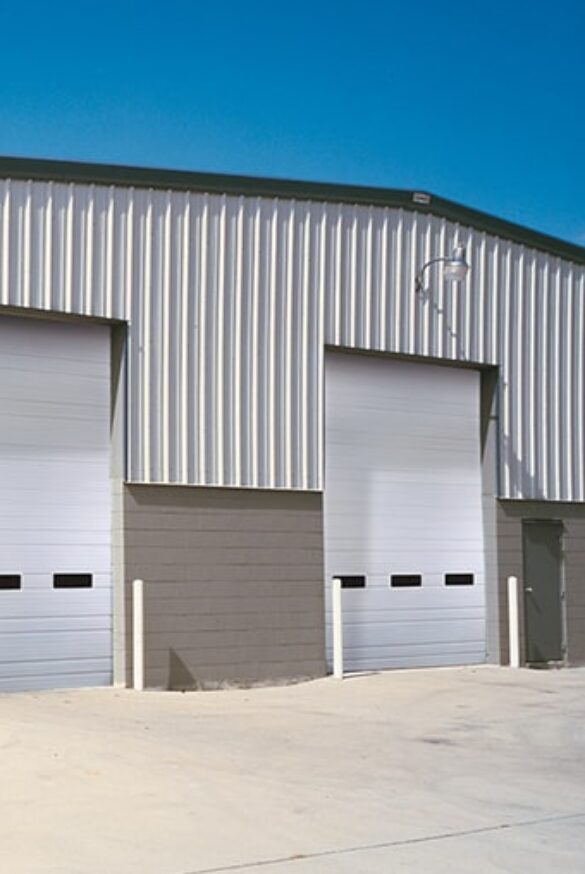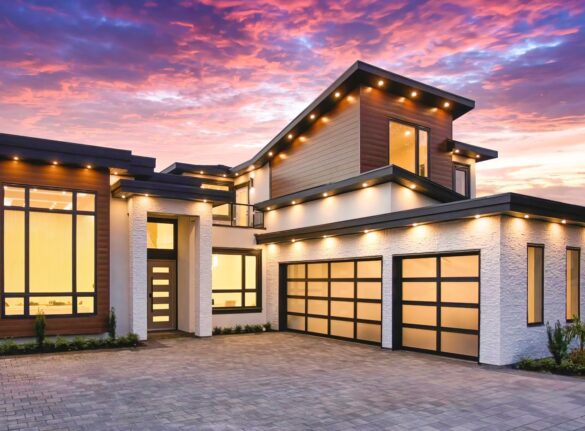All PROJECTS
Commercial
Industrial
Residential
CLASSIC™ STEEL
classic short or long panel steel garage doors with or without insulation
CANYON RIDGE® CARRIAGE HOUSE
insulated carriage house garage doors with faux wood-look composite overlays.
INDUSTRIAL SERIES
ribbed steel commercial doors available with or without insulation
ARCHITECTURAL SERIES
aluminum full-view doors and steel insulated full-view doors
BRIDGEPORT™ STEEL
new recessed panel steel insulated shaker style garage doors
AVANTE®
modern glass and aluminum garage doors
GALLERY® STEEL
grooved panel steel carriage house garage doors
VERTISTACK™ CLEAR DOOR
Full-View Stacking Doors








